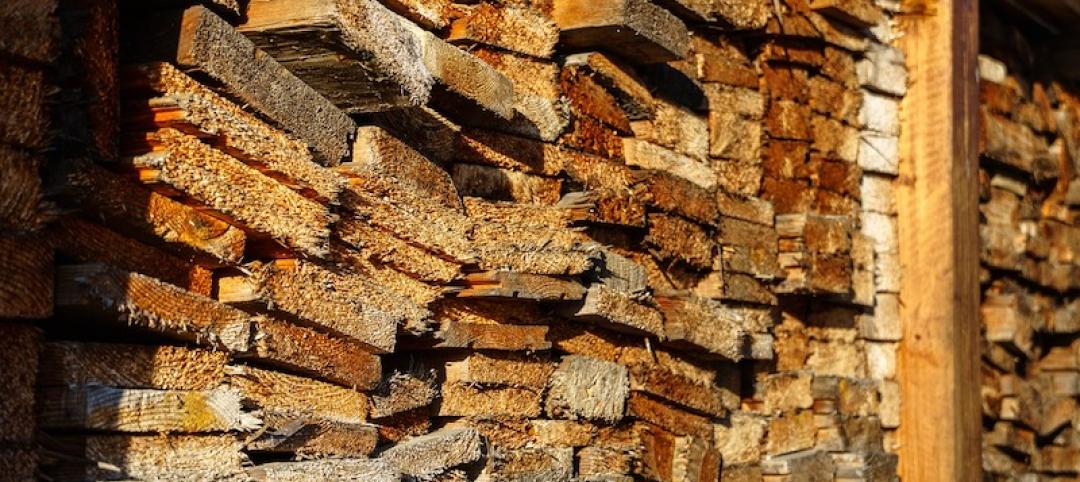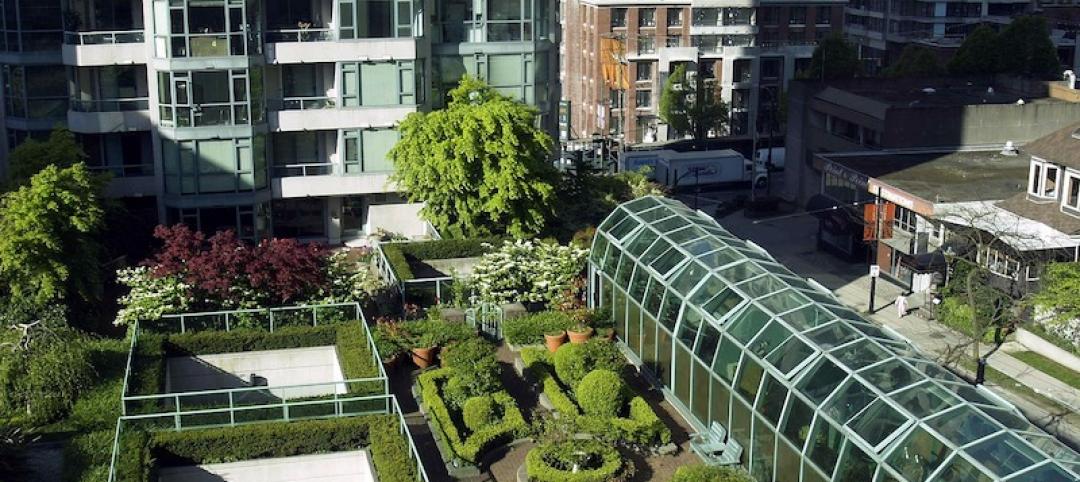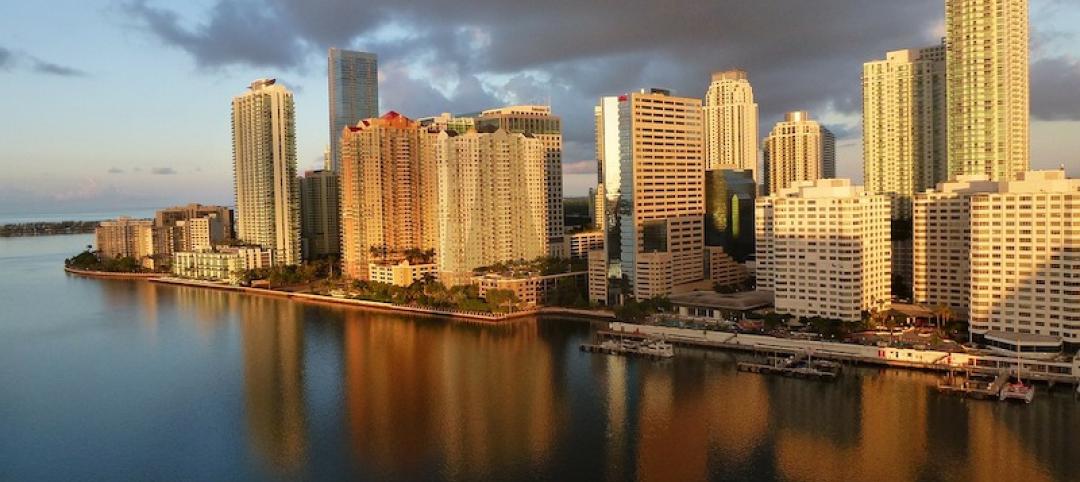The Canada Green Building Council (CaGBC) recently launched the first phase of its Zero Carbon Buildings Initiative.
The new framework is a precursor to the launch of a Zero Carbon Building Standard in spring 2017. Canada is striving to develop more lower-carbon commercial, institutional, and high-rise residential buildings in an effort to reduce greenhouse gases by 30% by 2030.
The Zero Carbon Buildings Framework establishes five key components for evaluating building carbon footprints:
• Greenhouse gas intensity metric for assessing a building’s emissions taking into account regional emissions factors
• Energy intensity metrics to incentivize design of highly efficient, reliable, and resilient buildings
• Peak energy demand metric to encourage the use of peak-shaving measures
• Embodied carbon metric to recognize importance of building material lifecycle impacts
• Requirement that renewable energy be generated on-site or procured directly
Upcoming phases of the Zero Carbon Initiative will include the identification of specific pathways to zero carbon, a zero carbon building pilot program, and the development of a verification program.
Related Stories
Codes and Standards | May 18, 2021
Cross-laminated timber performs better than expected in shear test
Tests conducted in support of new criteria for design of CLT diaphragm.
Codes and Standards | May 17, 2021
Latest Manual on Uniform Traffic Control Devices criticized for not considering bikes, pedestrians
More than a dozen advocacy groups want feds to start over.
Codes and Standards | May 13, 2021
LEED-certified federal buildings don’t use less energy than average
May be due to trade-offs on how score is developed.
Codes and Standards | May 12, 2021
White paper examines how to reduce pathogen transmission in ventilation
Pressure barriers and airflow distribution can be effective in existing buildings.
Codes and Standards | May 11, 2021
Pressure builds on White House to rein in cost of lumber
Spike in prices has added nearly $36,000 to price of average new home.
Codes and Standards | May 11, 2021
Residential codes should be upgraded to protect from cooking pollutants
Report examines ventilation standards, calls for increased public awareness of issue.
Codes and Standards | May 6, 2021
Blue roofs can provide relief to overwhelmed stormwater systems
Benefits most evident in industrial commercial areas.
Codes and Standards | May 5, 2021
Majority of schools took steps to improve air quality during pandemic
Districts still have unmet needs, face high costs and outdated building infrastructure.
Codes and Standards | May 4, 2021
Cost to keep Miami dry over next few decades is $4 billion
Rising seas demand big investment.
Codes and Standards | May 3, 2021
Fire stops critical to preserving three-decker housing
Old multi-family structures continue to provide badly needed homes in urban zones.

















